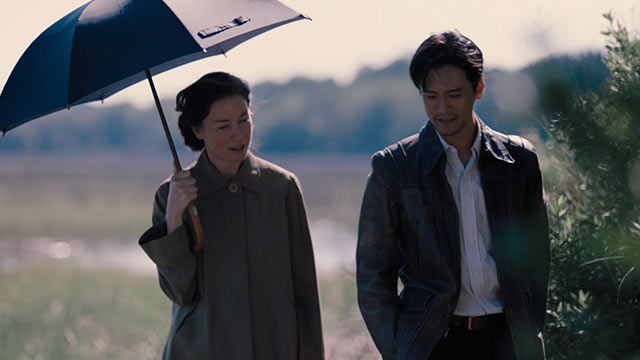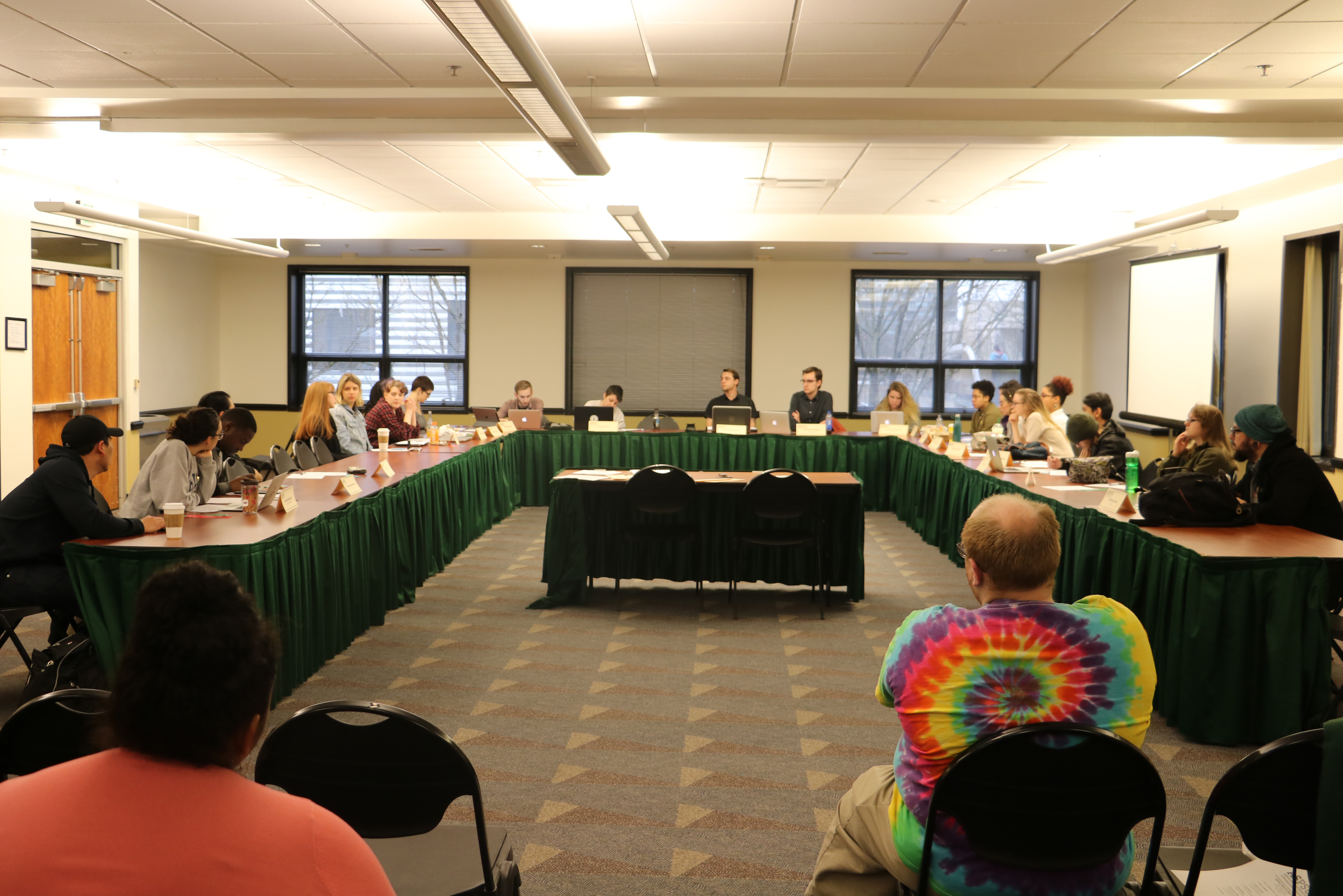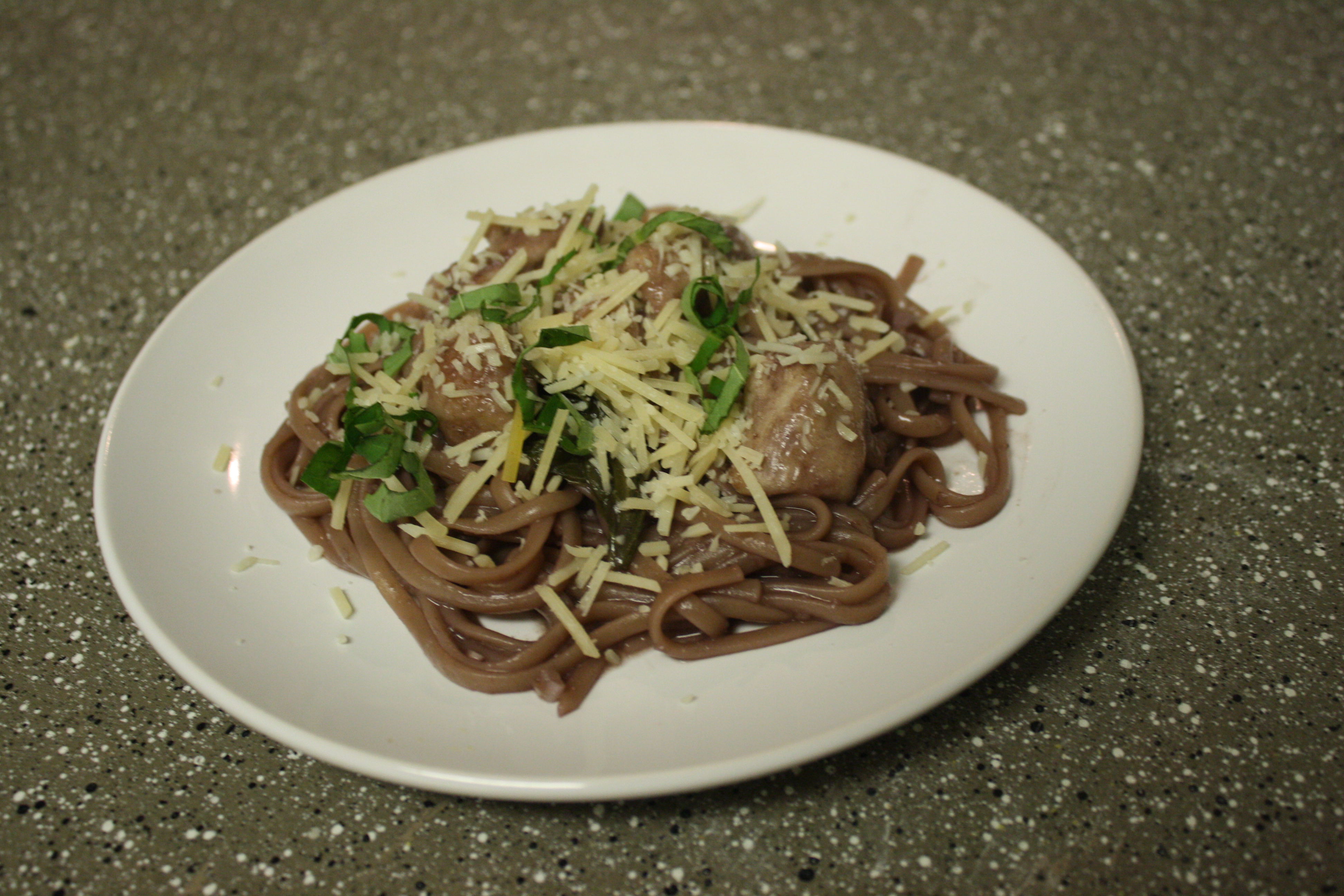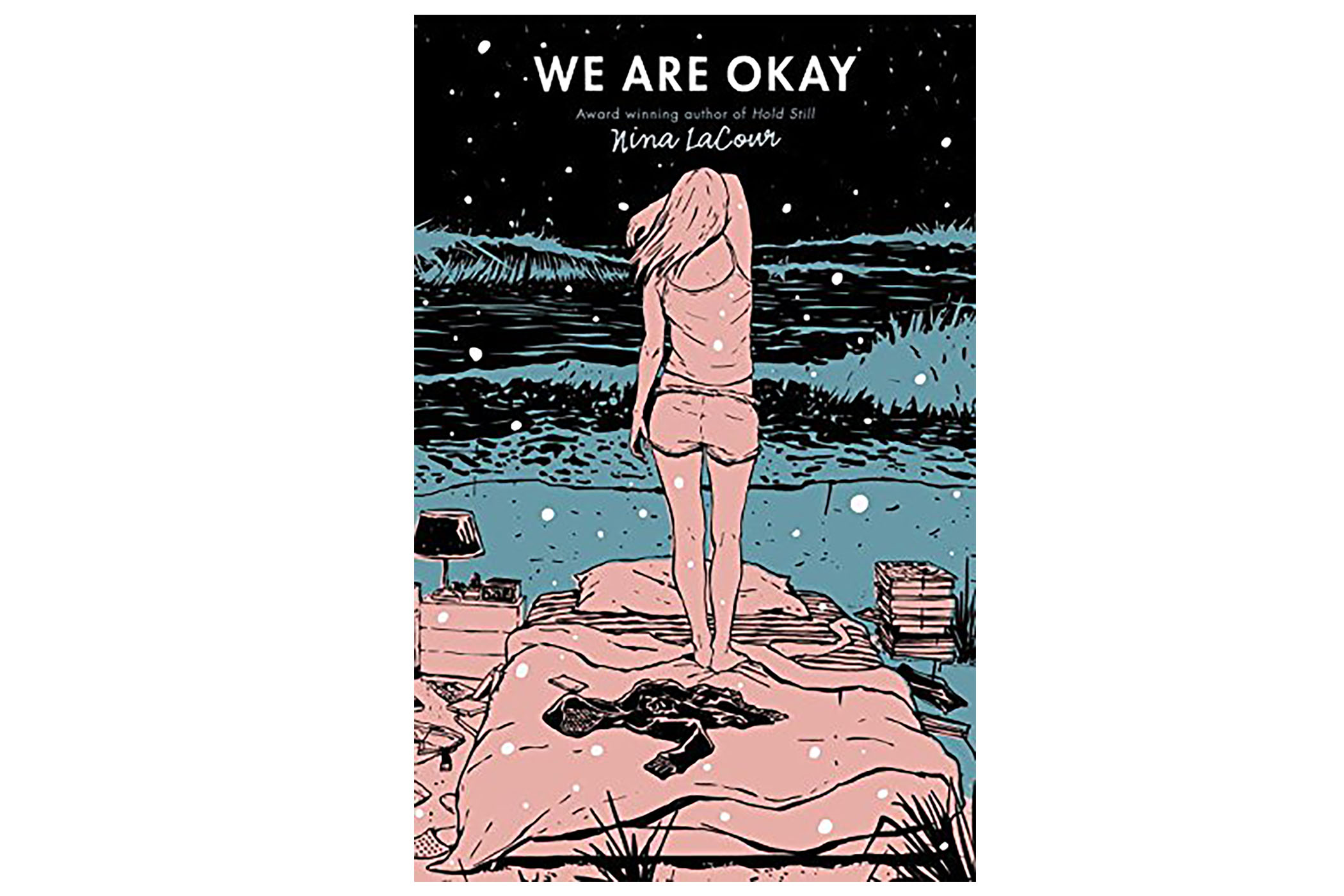Sophie and the Rising Sun is a compelling drama featuring a love story between a white woman and a Japanese man in the time of the Pearl Harbor attack. The film, written and directed by Maggie Greenwald (adapted from the Augusta Trobaugh novel), recently played at Living Room Theaters down the street where I had the chance to watch it. There was no dull moment during its two-hour run.
The plot is quite interesting bringing history and love together. The movie highlights racism in the South and the state of world affairs in the 1940s. In light of recent events, I feel this movie is a powerful symbol for judging people based on their appearance and assuming the worst of them because of their skin color or religion.
The male love interest in the movie, Mr. Ohta (Letters from Iwo Jima‘s Takashi Yamaguchi), first meets Sophie (veteran television actress Julianne Nicholson) when he arrives terribly beaten in her town in South Carolina. The reason remains unknown until the end of the movie. Anne (Margo Martindale of The Americans and Justified) takes him in despite all odds. She was the first character, besides Sophie, to care about someone and not judge them based on their skin color. It was a dramatic set-up for the rest of the movie, as Sophie and Anne were the only two characters to care for Mr. Ohta in his time of need. Anne’s older friends kept referring to Mr. Ohta in derogatory terms and continually called him Anne’s gardener, another important theme in the story.
As the movie progresses, Mr. Ohta and Sophie bond over their love of art as they continually paint together, which is a constant theme throughout the story. Art greatly reflects their love because they were two outsiders in the town, and they silently bonded through painting in the same area together. Toward the end of the movie, Mr. Ohta paints a bold picture of Sophie which is later discovered, costing him dearly.
However, conflict rises when the Pearl Harbor attack occurs. Everyone in town—most of whom had assumed, without ever asking, that Mr. Ohta was Chinese—suddenly assumes he is Japanese and they beat and stab him mercilessly. This racism theme plays an important role in the movie; when people saw that Mr. Ohta was Asian, they assumed he was just Chinese, calling him “Chinaman” and treating him poorly because of his skin color. Then, when the Japanese attacked Pearl Harbor, they decided to think he was Japanese because it was convenient for them to be angry at him.
Sophie and Mr. Ohta’s love was already forbidden because they were an interracial couple. After the Pearl Harbor attack everyone wanted Mr. Ohta dead. Sophie didn’t once stray away from Mr. Ohta and was with him through the thick and thin of the town’s racism.
I will not reveal the ending of this movie because I truly believe everyone should watch it. It is educational, bringing in true issues that happened over 50 years ago and recur today. The love story is powerful and real, and everyone who watches this movie will fall in love with the characters and themes throughout.






